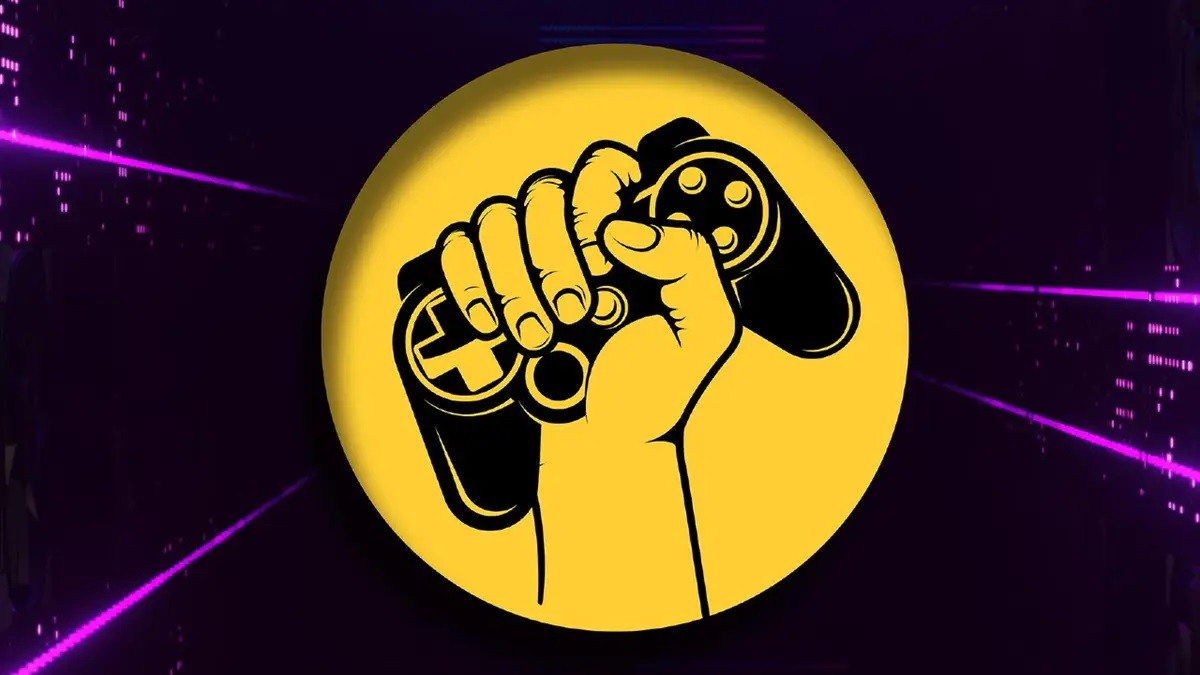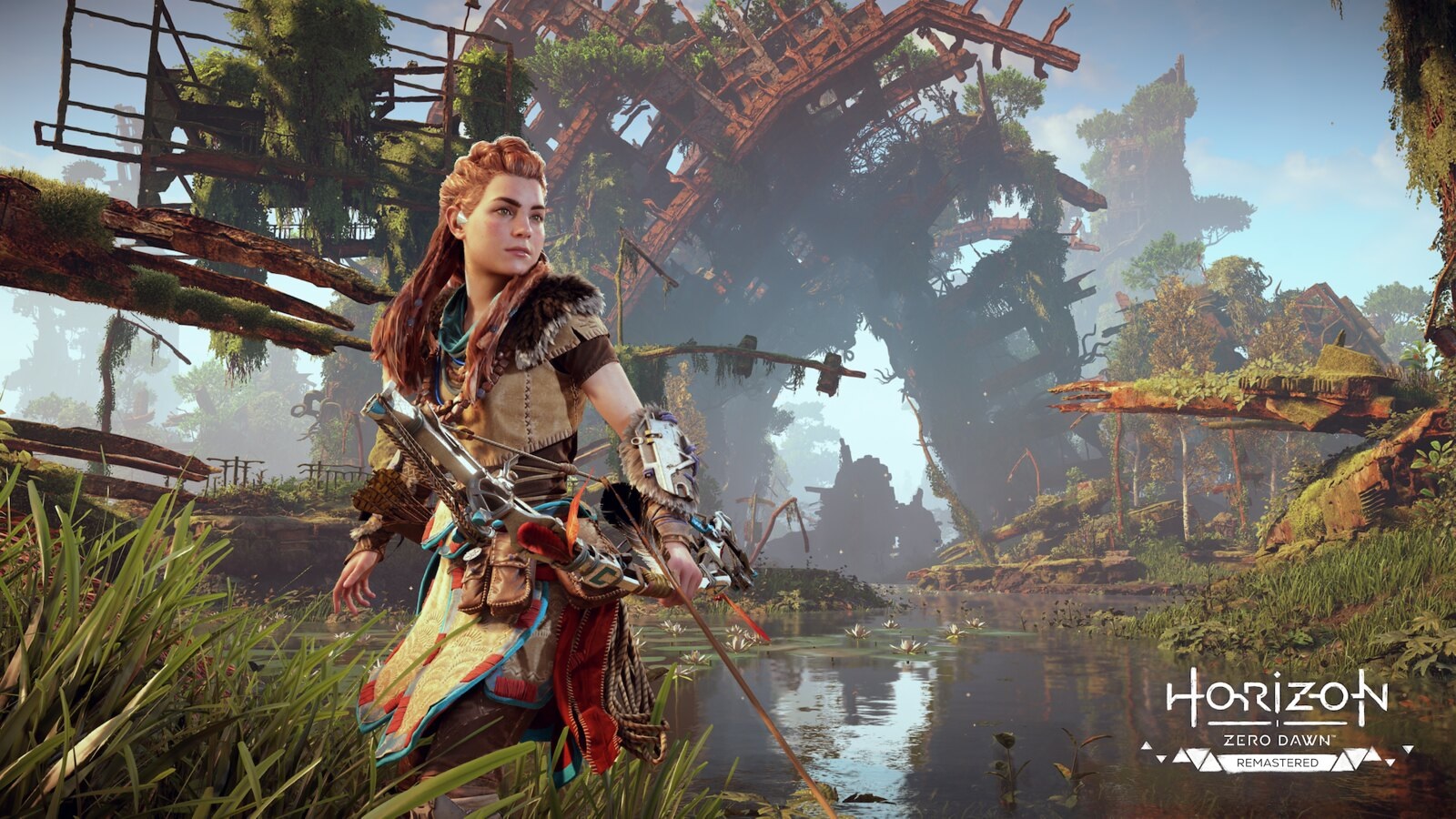SAG-AFTRA video game actors approve new agreement — securing better pay, protections against AI, and more
SAG-AFTRA video game performers went on strike back in July 2024, and have now agreed to a new contract.

All the latest news, reviews, and guides for Windows and Xbox diehards.
You are now subscribed
Your newsletter sign-up was successful
SAG-AFTRA video game actors accepted a new 2025 agreement, the union shared on Wednesday. With this agreement, the video games actors' strike is officially over, with this conclusion coming almost a year after the strike first began back in July 2024.
The strike came after the union was unable to reach an agreement with a bargaining unit for many of the companies producing some of the biggest games in the world, including Activision, Electronic Arts, Insomniac Games, and others.
Under the new agreement, performers are getting 15.17% increased compensation, with further 3% increases set to follow on November 25, November 2026, and November 2027.
Crucially, the new agreement also provides increased protections surrounding AI, with consent and disclosure requirements for any AI replicas, as well as giving actors the ability to suspend the consent of generating new material from.
"All of us at SAG-AFTRA would like to extend our deepest appreciation to the video game performers and allies who endured a great deal of sacrifice throughout the 11-month strike," said SAG-AFTRA National Executive Director & Chief Negotiator Duncan Crabtree-Ireland.
"Now that the agreement is ratified, video game performers will be able to enjoy meaningful gains and important A.I. protections, which we will continue to build on as uses of this technology settle and evolve.”
The threat of AI was explicitly noted as the main reason for the strike, with companies behind games like Apex Legends, Call of Duty, and others initially unwilling to meet terms surrounding using AI replicas.
Many companies are exploring methods to use AI in games. Earlier in 2025, an experiment from Sony-owned PlayStation leaked, in which engineers from PlayStation's Advanced Technology Group used LLMs (large language models) to power a model for Horizon Forbidden West protagonist Aloy that would then respond to questions.
Ashly Burch, the performance actress for Aloy, responded to the experiment, saying that "I just imagine a video like this coming out that does have someone's performance attached to it, that does have someone's voice or face or movement. And the possibility that if we lose this fight, that person would have no recourse. They wouldn't have any protections, any way to fight back."
Burch noted at the time that Guerrilla Games (the lead studio behind the Horizon titles) had contacted her to assure her that her performance wasn't used in training the model, and that the experiment didn't reflect anything currently in development at the studio.
All the latest news, reviews, and guides for Windows and Xbox diehards.

Samuel Tolbert is a freelance writer covering gaming news, previews, reviews, interviews and different aspects of the gaming industry, specifically focusing on Xbox and PC gaming on Windows Central. You can find him on Bluesky @samueltolbert.bsky.social.
You must confirm your public display name before commenting
Please logout and then login again, you will then be prompted to enter your display name.

